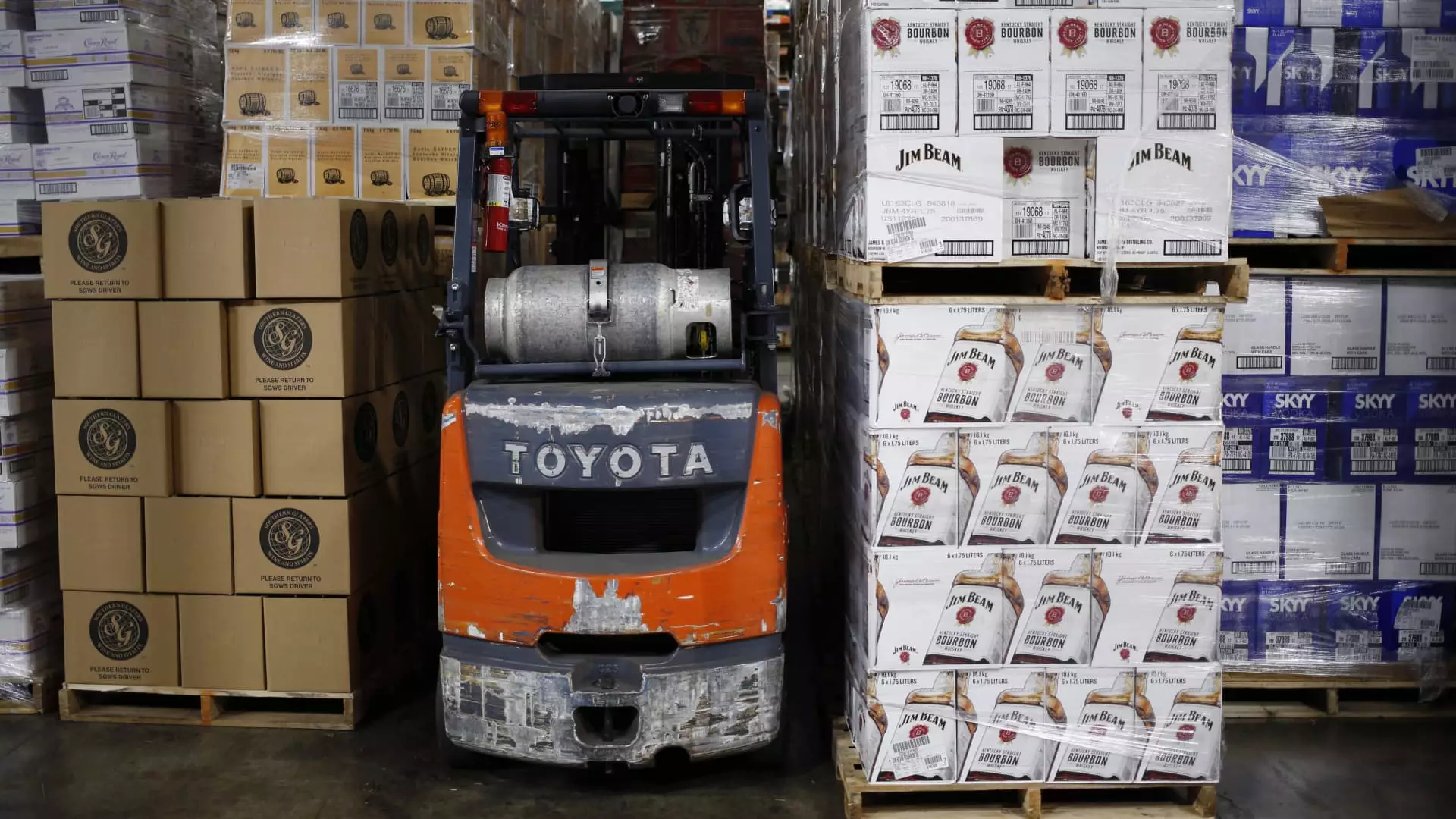In a groundbreaking legal move, the Federal Trade Commission (FTC) has filed a lawsuit against Southern Glazer’s Wine and Spirits, the leading wine and spirits distributor in the United States. The FTC levies serious accusations against Southern Glazer’s, claiming that the company has engaged in illegal price discrimination practices. This suit suggests that large retail chains, such as Costco, Kroger, and Total Wine & More, have been afforded significantly lower prices compared to local grocery stores, convenience outlets, and independent liquor shops. Such disparities raise critical questions regarding fairness, market access, and the competitive landscape in alcohol distribution.
The Impact on Local Businesses
According to the FTC, Southern Glazer’s has actively deprived smaller businesses of equal opportunities by providing preferential pricing structures that favor larger retail establishments. This discrepancy not only undermines the financial viability of local shops but also restricts their ability to compete effectively, resulting in a less diverse marketplace. The complaint outlines the violation of the Robinson-Patman Act, which is designed to prevent unfair pricing practices among businesses. By offering “steep discounts” without legitimate market justification, the distributor appears to have jeopardized the survival of smaller competitors, creating a climate where innovation and consumer choice may be stifled.
FTC Chair Lina Khan highlighted that the repercussions of such unethical pricing practices extend beyond the financial strain on local businesses. She emphasized that when larger chains receive preferential treatment, consumers ultimately face reduced choices and inflated prices. “Unfair pricing practices that favor large chains not only harm the local economy but erode the fabric of communities,” Khan stated. This lawsuit signifies a renewed commitment by the FTC to enforce competition laws and restore equity in the marketplace for businesses of all sizes.
Southern Glazer’s is not just any distributor; it holds the distinction of being the tenth largest privately held entity in the nation, with a staggering revenue of approximately $26 billion from retail sales in 2023 alone. Their extensive catalog includes around 5,600 wine and spirits brands, encompassing widely recognized names such as Jameson Irish Whiskey, Absolut Vodka, and Grey Goose Vodka. This vast distribution network makes the implications of the FTC’s lawsuit all the more significant as it questions the practices of a giant in an industry crucial to many communities.
As the legal proceedings unfold, the impact of this lawsuit on Southern Glazer’s and the larger distribution landscape remains to be seen. CNBC has reached out for comments from Southern Glazer’s regarding these allegations, indicating that the company will likely respond in due course. The outcome of this legal action holds the potential to reshape pricing structures in the alcohol distribution sector and may pave the way for a more equitable playing field, ensuring that local businesses can thrive alongside their larger counterparts.
Through its actions, the FTC aims to remind industry players that compliance with competition laws is foundational to a healthy and fair market. The implications of this case could resonate throughout the industry and set a precedent for future regulatory actions against unfair pricing practices.


Leave a Reply